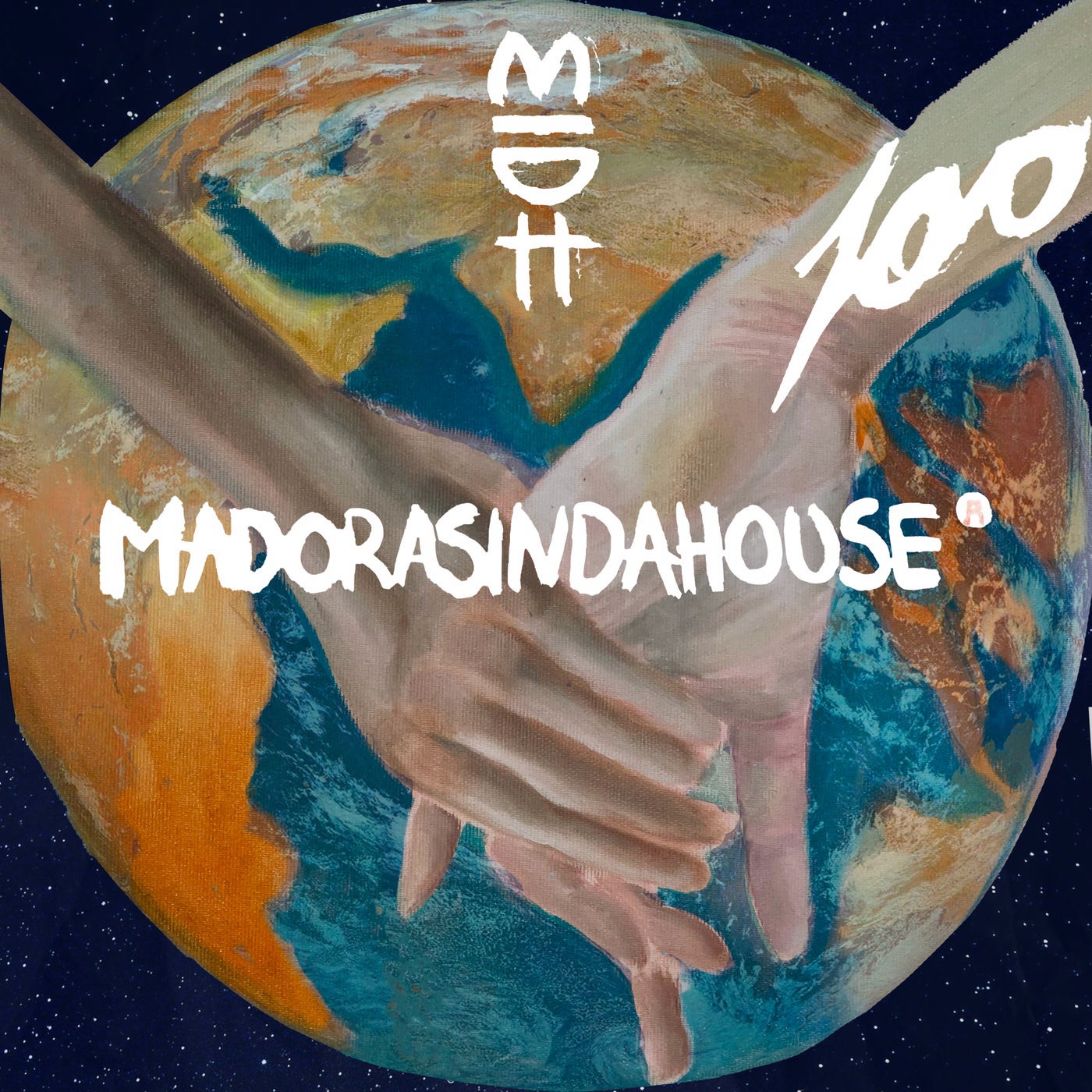“The closest I came to making life was the closest I came to death,” Florence Welch told The Guardian last month. She was referencing a miscarriage that she experienced in August 2023, flush in the middle of a European tour with Florence + the Machine; an ectopic pregnancy forced Welch into emergency surgery, which saved her life. “I felt like I had stepped through this door, and it was just full of women, screaming.” This formed the basis of Everybody Scream, Florence + the Machine’s latest effort.
For six albums and 15 years now, Welch has built her artistry on a kind of ritual self-destruction: the barefoot sprinting across stages, the operatic wailing, the physical and emotional exorcism that defines a Florence + the Machine performance. She broke her foot at Coachella in 2015, pushed through it, kept going. The emergency surgery finally forced her to stop. And yet, the new album born from the stillness of recovery is about the irresistible pull back to the very thing that nearly killed her. Everybody Scream isn’t just Welch processing her trauma — it’s Welch realizing she might not be able to stop performing it.
Get Florence + the Machine Tickets Here
That thin line between life and death also speaks to a larger battle in Welch’s life and career: the threshold between her body and its limits, the tension of being a woman and an artist in a world that regularly discounts both. On Everybody Scream, Welch interrogates herself with newfound specificity and higher stakes, resulting in some of the most honest epiphanies and sharpest writing of her career. In a strange way, though, the album does not present Florence + the Machine reborn. It still functions as a ritual of bloodletting, a summoning, a desperate quest for cathartic release through operatic force and mythological imagery — the same function as every album before it. What’s different is that Welch has become more self-aware about this cycle.
Instead of using every song as a means to reach a full-throated catharsis, she lets the words tumble out of her in a sheer outpouring of thought. The lyrics on Everybody Scream often arrive in torrents, skating across syllables with barely a pause for breath. She’s always a line away from something cutting, devastating, evocative, or deeply revealing. Welch invokes unified imagery like dirt, witches, trees, fruit, critters, wind, divine intervention, killing and crushing, and, most of all, screaming.
She does scream and howl, certainly on the title track, but this time, Welch opts for a more understated way of expressing a carnal, teeming desire for release. The lyrics consistently build in dramatic tension, exemplified by a couplet in “One of the Greats” where Welch spits the words “You’ll bury me again, you’ll say it’s all pretend/ That I could never be great being held up against such male tastes,” chewing on “such male” and letting her rhythm fall slightly behind the beat for the sake of emphasis. She really lets it rip a few lines later, sneering “Now don’t get me wrong, I’m a fan/ You’re my second favorite frontman.”
In a truly exciting way, Welch is unstoppable on Everybody Scream. She likens her body to both alien and sea monster on “Kraken,” but rather than frame her experience as that of someone who is damaged, she’s empowered by the feeling, conjuring a kraken’s astonishing power with enveloping harmonies and a driving rhythm. “You Can Have It All” is a late album highlight, Welch performing a seance with the album’s rolodex of witch-y imagery to fuel an awe-striking ‘rise from the ashes’ moment in the chorus. “Am I a woman, now?,” she asks with a wink after the song’s final transformative climax.
Welch’s exploration of gender and the body is another way that she advances upon prior themes in her discography. Much of Everybody Scream is a way for Welch to reframe the trauma around her pregnancy, miscarriage, and recovery from surgery. The idea of ritual and ceremony has been important to Welch on prior albums (she literally put out a record called Ceremonials), and this time, Welch uses performance (i.e. seances, spells, commands) as a way to explore an outsized, complex portrayal of womanhood. She employs language of body horror-esque transformation, possession, and rebirth; she rails against the trappings of being seen by the public as “too feminine to function” and contrasts meditations on womanhood with unshakeable notes of violence, decay, and destruction. On her last album, Welch sang “I am no mother, I am no bride, I am king.” Now, post-operation, body forever changed, Welch can’t quite figure out what she is, which she seems to find both horrifying and empowering.
She reaches some unsettling epiphanies on “Drink Deep,” a slow-burning folk-horror cut that appropriately brews and stews as Welch describes imbibing a potion she was given to drink. But at the song’s climax, she reveals that the drink came from her all along. After an album spent processing what her body endured (the pregnancy, the emergency surgery, the forced reckoning with physical limits), “Drink Deep” suggests that she’s always been feeding on her own destruction, that the catharsis she seeks requires her to continuously offer up pieces of herself.
She continues with this interrogation on the outstanding “Music by Men,” a companion to “One of the Greats” in its unflinching exploration of her status as a woman in music. Rarely has Welch written so overtly about her own career and doubts, referencing a lackluster experience in couples counseling, the ways in which her job makes it impossible for her to maintain a relationship, and the contempt it leads her to develop for the men in her life. There are about 14 lines you could easily classify as ‘absolutely brutal,’ but for its concluding bridge, Welch parts the storm clouds to offer an important plea: “Let me put out a record and have it not ruin my life.” That line, right there, is the thesis for Everybody Scream: How can she possibly keep making art like this if it’s destroying her?
On closing track “And Love,” Welch assures us that “peace is coming,” but Everybody Scream has spent too much time interrogating itself to let that promise land without skepticism. This is, after all, an album about someone who nearly died, recovered, and promptly made a record about wanting to return to the stage — something Welch will certainly do, with a massive 2026 tour already planned. Everybody Scream poses questions about whether being aware of self-destructive patterns is enough to break them completely, and Welch leaves them mostly unanswered. It’s also, overall, a reprisal of the same musicality that she’s employed throughout her catalog.
But Welch has always been both the hurricane and its eye, capable of summoning awe-striking force while observing it with crystalline clarity. On Everybody Scream, she’s simply turned that gaze inward with uncompromising honesty. If she can’t escape the ritual, at least now she understands what it costs. And even if she’s still paying for it, it’s clear that the closest she’s come to death has resulted in some of her most vital, illuminating work yet.

 8 hours ago
5
8 hours ago
5


















 English (US) ·
English (US) ·